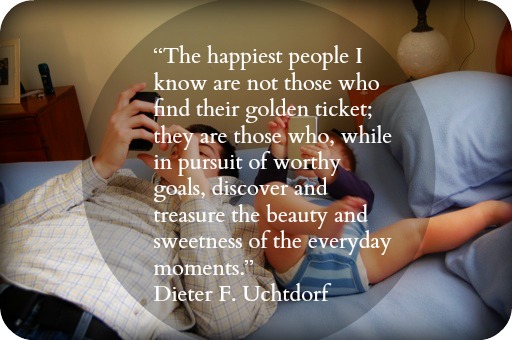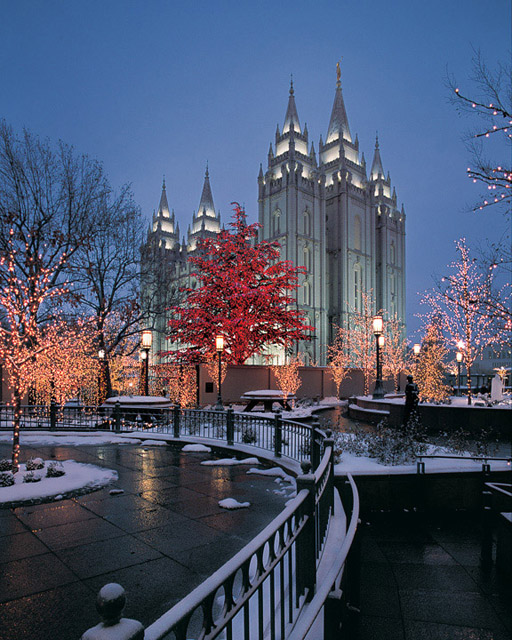At an age when most young women are starting their careers and families and dreaming of bright futures, Mariama Kallon was fleeing for her life. She lived in war-torn Sierra Leone and whenever rebel soldiers came into her village, everyone ran. One day, when she was twenty-five, as her family raced to safety, her parents were shot just behind her. She and her brother and sister escaped, heartbroken but knowing there was nothing they could do. There was not even an opportunity to return and bury them. Her brother was kidnapped and then killed. Then rebels limed up the frightened women and systematically and brutally cut off their legs. Her sister had her legs cut off and Mariama’s legs were to be the next to go. Unexpectedly, government soldiers arrived and the rebels escaped. Her sister was taken to the hospital and later died. Mariama escaped again, her legs intact, but with no real family. Ultimately, she would have only a two-year old nephew and a ten-year-old niece left alive and she would have to try to find a way to care for them herself. She prayed that God would help her understand why she was saved and what he wanted her to do with the life she’d been given.
She moved to another village, where she lived with a friend who introduced her to a neighbor. This neighbor had had both her daughters taken by rebels and invited her to church, saying it was all she had to offer in the way of safety. The woman was Mormon, the nickname sometimes used to refer to members of The Church of Jesus Christ of Latter-day Saints. Mariama found that Sunday a congregation filled with hope in a country that seemed to have none. She listened to a speaker explain that families could be together after death because God loved His children enough to give them that and she thought of all those she had lost. She went home and began to study the Book of Mormon, a book of scripture used with the Bible by Mormons. There she read that our bodies will be made whole again in the resurrection and thought of her sister’s legs. She quickly gained a personal testimony of the Church and was baptized.
She received a hygiene kit from the church. These are assembled by Mormon volunteers and distributed to people in crisis situations. They are often distributed to non-members in times of natural disasters, and Mormons in Sierra Leone received them to help them through the war. It contained toothbrush, toothpaste, shampoo, soap, a comb, and a washcloth. She was given a blanket to use in an emergency. The church was also able to get some food into the members and they received small bags of rice or beans to use in situations where there was no other food.
When the rebels came again, Mariama grabbed her scriptures, her blanket, and her kit and ran, once again fleeing for her life when they set her house on fire. She found herself part of a group of 25 women who had to keep moving and hiding and her hygiene kit, meant for only one, served them all. The blanket was eventually used to wrap a woman who died so she could be buried.
When she was finally able to return home, she decided to serve a mission in order to thank God for protecting her. Her religious leader’s family offered to take care of her stepsister and nephew, the only family she had. She was called to serve as a missionary in Salt Lake City, Utah, giving tours in Temple Square. When she arrived, she had only two outfits, her precious hygiene kit, and her scriptures. The mission president’s wife (the mission president and his wife oversee the missionaries in a given area) took her to buy a coat and shoes because she had none and it was winter.
She was able to visit the humanitarian center where her beloved hygiene kit came from. Although she had no family, the families of the other missionaries began sending her packages and gifts so she never felt alone.
She met a family seeking to adopt a child and told them about her half-sister and nephew. They flew to Africa and adopted the children, who now live in Utah near Mariama, who received permission to remain in the United States as a refugee because she had no family left to return to and no real hope of safety. She works for the church and gives talks on finding courage and faith in the hardest of times. Mariama also teaches an astonishing lesson about the importance of forgiveness—even of those who take your entire family from you. She is the subject of several videos detailing her life story.
Sources:
Mark Albright, Missionary Moment: The Mariama Kallon Conversion Story, Meridian Magazine, April 15, 2013
Emily W. Jensen, Hygiene kit gave hope in war-torn Sierra Leone, Deseret News, February 7, 2010
Escape to Freedom: An Interview with Mariama Kallon, Time Out for Women,July 3, 2012
The late Terrie Lynn Bittner—beloved wife, mother, grandmother, and friend—was the author of two homeschooling books and numerous articles, including several that appeared in Latter-day Saint magazines. She became a member of the Church at the age of 17 and began sharing her faith online in 1992.



